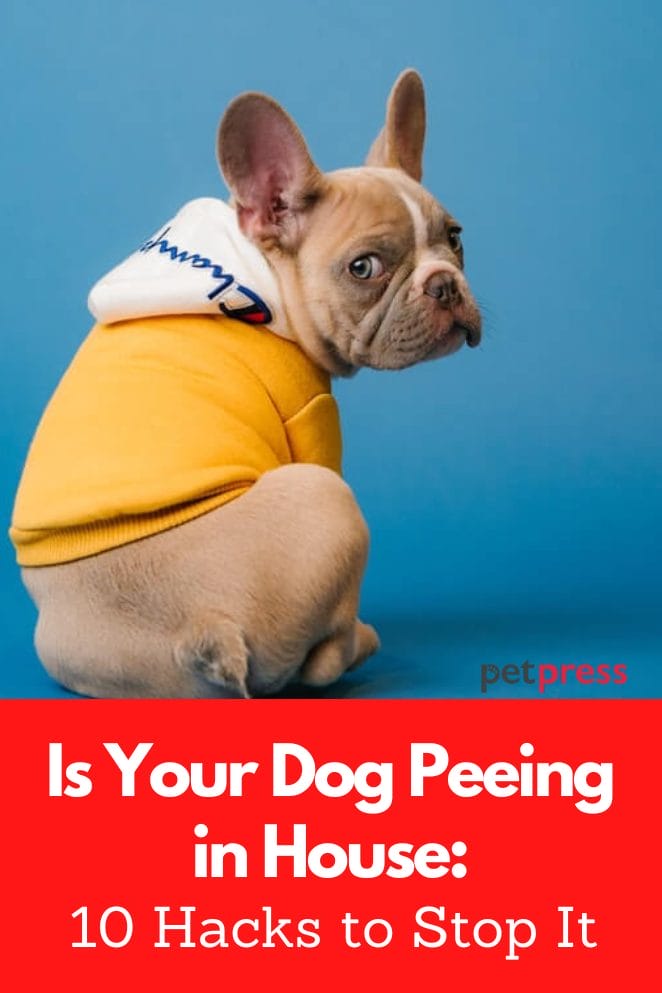
Dog peeing in the house is a common problem that many pet owners face. It might be a tough situation to be in as dog parents.
When you’ve had enough of your dog peeing in the house, it’s time to start taking action.
But before you do anything, it’s important to understand why your dog is urinating indoors in the first place. Once you know the underlying cause, you can begin to take steps to fix the problem.
Why Do Dogs Pee in the House?
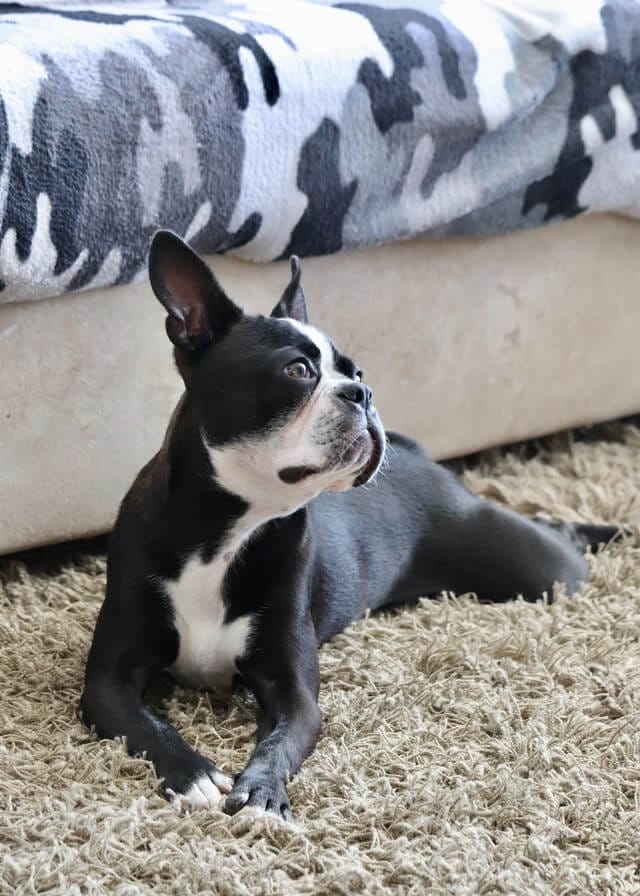
If you’ve ever come home to a puddle of pee on your floor, you know how frustrating it can be. Not only is it a mess to clean up, but it can also be a sign that your dog is not potty trained properly. Here are 10 possible reasons why your dog might be urinating in the house:
Lack of Potty Training:
One of the most common reasons dogs urinate indoors is simply because they have not been properly trained to go outside. If your dog was never taught where it is appropriate to relieve itself, then it will likely see your whole house as its bathroom. Proper potty training is essential if you want your dog to stop urinating in the house. Sometimes dogs may even pee on people, that is when you need to take action.
Anxiety or Separation Issues:
Dogs that suffer from anxiety or separation issues may start urinating indoors as a way to self-soothe. When they get anxious, their instinct is to mark their territory by urinating on objects. This is often seen in dogs that are left alone for long periods of time or who have a history of being neglected or abused.
Fear or Resentment:
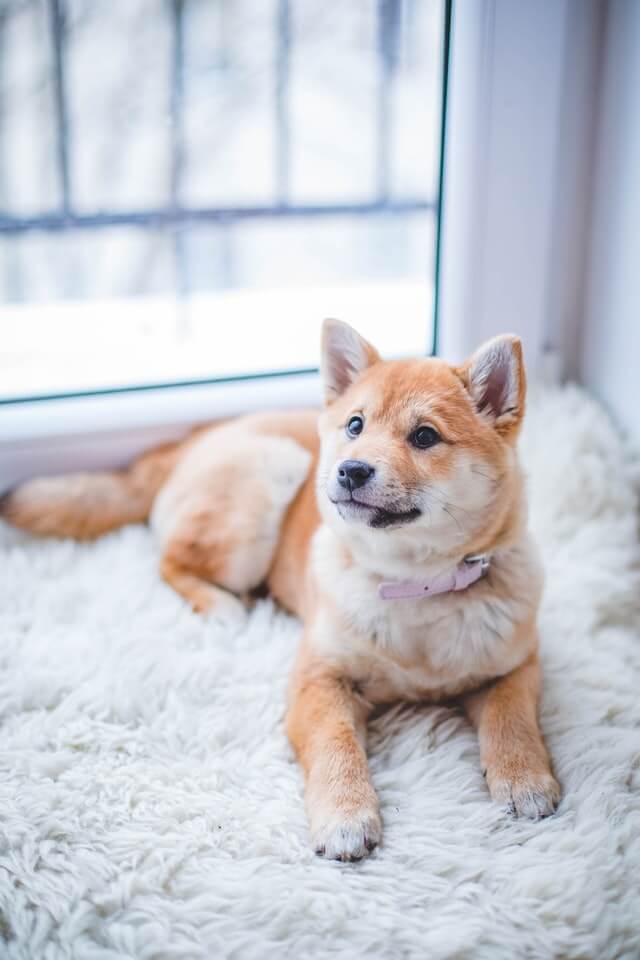
If your dog is fearful or resentful of you, it may start urinating indoors as a way to express its feelings. Dogs that are afraid of people or loud noises may startle easily and accidentally urinate indoors. Similarly, dogs that resent their owners may do so out of spite or as a way to get attention.
Excitement or Nervousness:
Dogs may also urinate indoors when they are feeling excited or nervous. When they get excited, their muscles may loosen and they may not be able to control their bladder. Nervousness can have a similar effect. Dogs that are not used to being around people or other animals may urinate out of fear or anxiety.
Illness or Injury:
If your dog is suddenly urinating indoors, it could be a sign of an underlying medical condition. Urinary tract infections, diabetes, and kidney disease are all possible causes of incontinence in dogs. Injuries to the bladder or urethra can also cause involuntary urination. If your dog is urinating more frequently than usual or seems to be in pain when urinating, make an appointment with your veterinarian.
How to stop dog peeing in the house
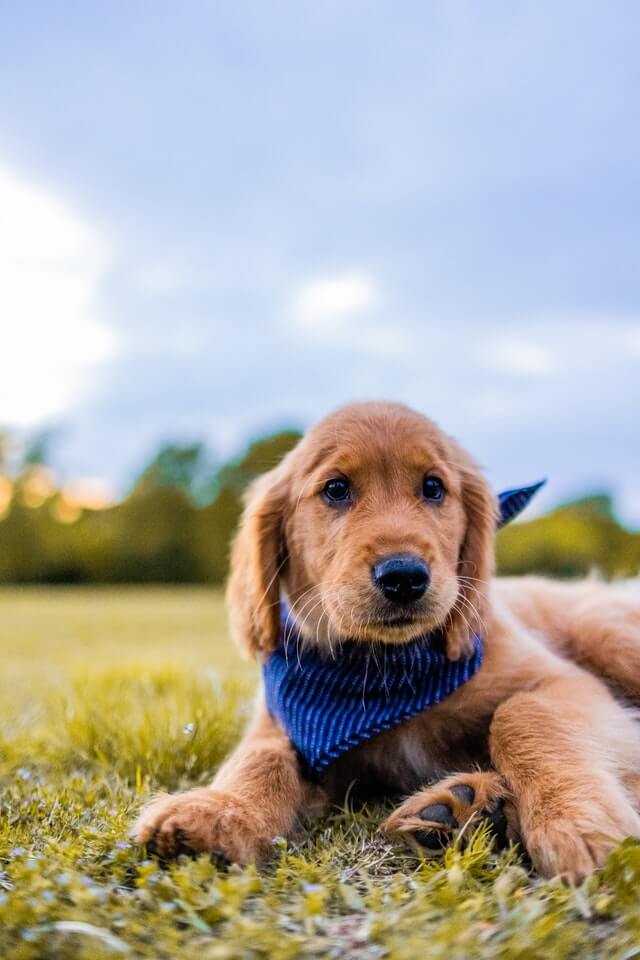
1. Clean up any accidents as soon as they happen. Dogs are more likely to repeat behaviors for which they are rewarded — in this case, with your attention.
2. Find out if there’s a medical reason for the accidents. A trip to the vet is in order if your normally house-trained dog suddenly starts having accidents indoors.
3. If you have a puppy, keep in mind that he will need to go out more frequently than an adult dog. A general rule of thumb is that a puppy can hold it for one hour for each month of age. So, a three-month-old puppy will need to relieve himself every three hours or so.
4. Establish a regular potty-time routine, and stick to it. Take your dog out first thing in the morning, as well as before and after meals and naps.
5. Be sure to give your dog plenty of opportunities to go outside during the day. If he’s left alone for long periods of time, he may not be able to hold it until you get home.
6. Make sure that the area where your dog goes to the bathroom is clean and free of any potential hazards or distractions.
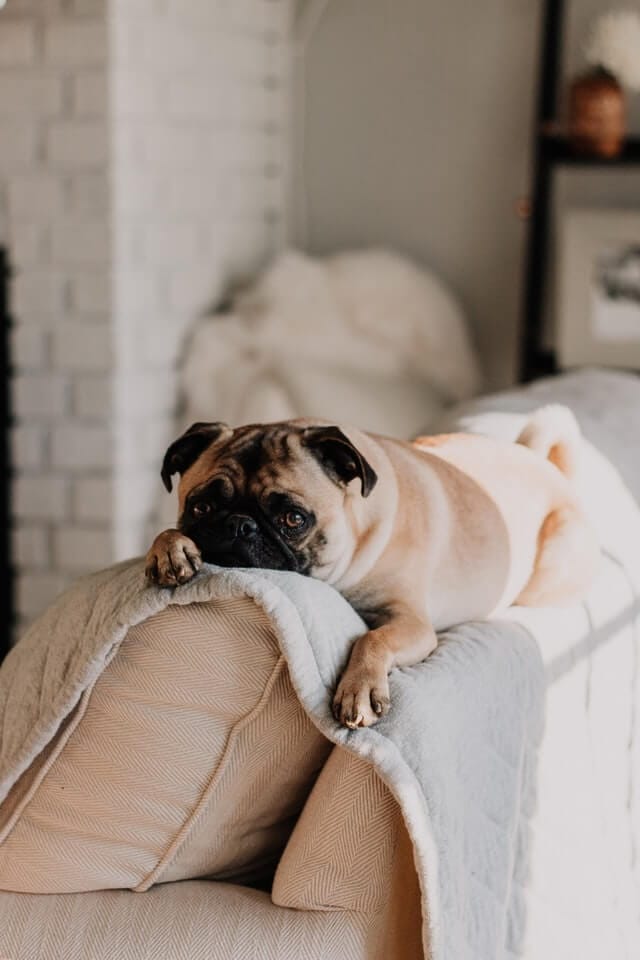
7. Try using a leash to take your dog out to potty, especially if there are other animals or people around that may distract him.
8. Reward your dog for going potty in the appropriate place with praise, treats, or both.
9. If your dog has an accident indoors, clean it up immediately and do not scold him — this will only serve to confuse and frighten him.
10. Be patient and consistent, and remember that accidents are bound to happen from time to time. The important thing is to remain calm and focused on helping your dog learn the proper way to behave.
Wrapping it up
There you have it, folks. The next time your dog pees in the house, you can work it out by introducing good habits in the routine. With a little bit of training, you can help them overcome this problem. Just remember to be patient, consistent, and above all else, understanding. Your furry friend will thank you for it.
- 7 Dog Breeds With Webbed Feet And Why Do They Have Them - July 19, 2023
- 10 Best Fish For Small Tanks That Make Perfect Pets - July 18, 2023
- How to Breed Guinea Pigs: A Detailed Guide - July 17, 2023


GIPHY App Key not set. Please check settings